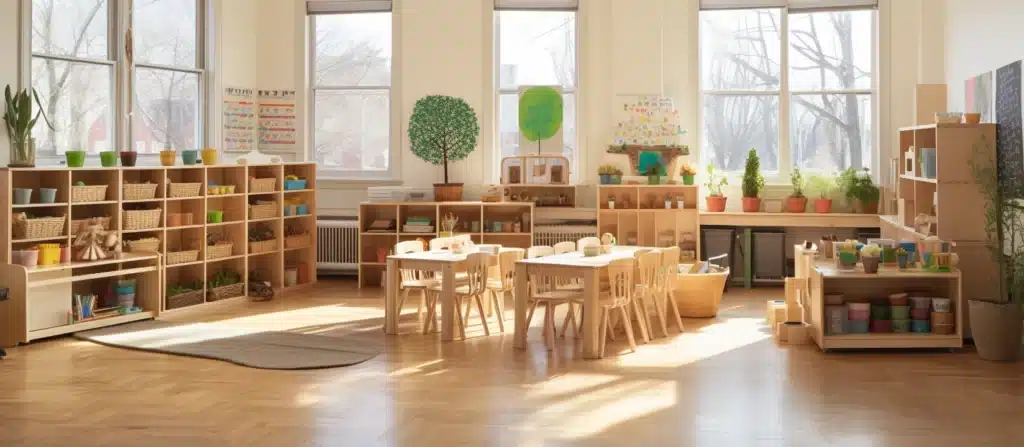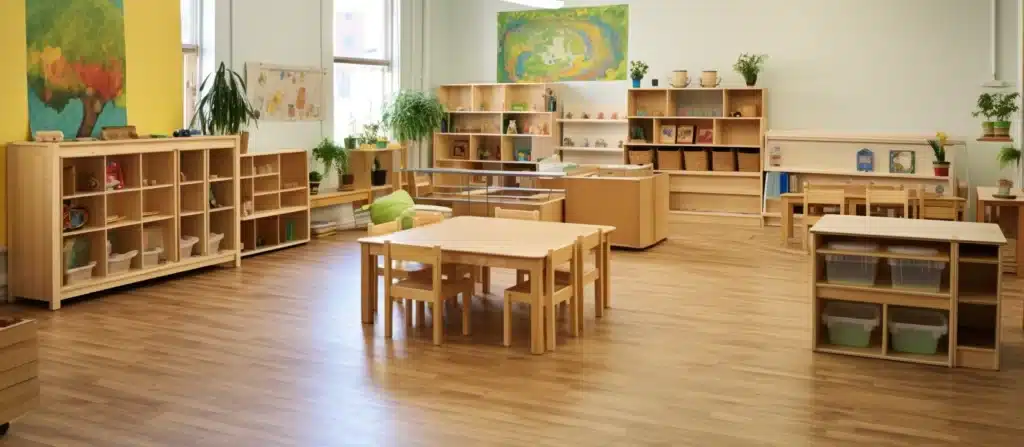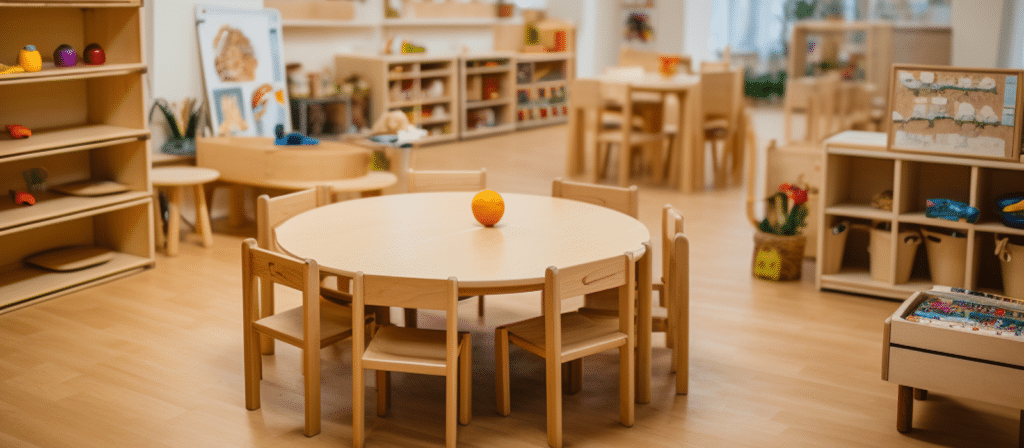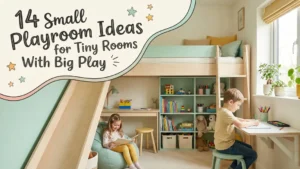Ever wondered how the furniture in a daycare setting contributes to the cognitive development of young minds? Join us as we unravel the importance of daycare furniture in shaping the learning experiences of children. What role does the design and arrangement of furniture play in fostering cognitive growth?
Daycare furniture plays a crucial role in supporting cognitive development by providing a conducive environment for exploration, imagination, and problem-solving. The right furniture can stimulate a child’s senses, spark their curiosity, and encourage active engagement. It facilitates the development of essential cognitive skills, such as critical thinking, memory retention, and spatial awareness.
Did you know that the choice of daycare furniture can influence a child’s cognitive development?
Research has shown that the design and arrangement of furniture in a daycare setting can significantly impact children’s cognitive abilities. The incorporation of various elements, such as colors, textures, and shapes, can stimulate brain activity and enhance learning outcomes. Furniture that is specifically designed to promote cognitive development can create an environment that fosters creativity, concentration, and social interaction.

How does daycare furniture facilitate cognitive development?
- Ergonomic Design: Daycare furniture should be ergonomically designed to provide comfort and support to children. Properly designed chairs and tables promote good posture, allowing children to focus and concentrate on their activities without discomfort or distraction.
- Versatility and Adaptability: Flexible furniture allows children to engage in different activities and adapt to various learning styles. Modular furniture, for example, can be rearranged to create different learning zones, fostering creativity and problem-solving skills.
- Storage and Organization: Well-organized furniture with ample storage space helps children develop organizational skills and encourages them to take responsibility for their belongings. This promotes cognitive skills such as categorization and spatial awareness.
- Safety and Durability: Daycare furniture should be sturdy, safe, and easy to clean. This ensures that children can play, learn, and explore without the risk of injury. Additionally, durable furniture ensures longevity, providing a consistent environment for cognitive development.
What are the key considerations when choosing daycare furniture?
When selecting daycare furniture, it is important to consider the following factors to optimize cognitive development:
- Size and Proportion: Furniture that is appropriately sized for children enables independence and promotes a sense of ownership over their learning space.
- Material and Texture: Choosing furniture with different textures and materials allows children to engage their senses, promoting sensory development and tactile exploration.
- Color and Aesthetics: Vibrant and stimulating colors can enhance mood, creativity, and cognitive function. Incorporating a variety of colors in daycare furniture can create an engaging environment that sparks imagination.
- Mobility and Flexibility: Furniture that is easy to move and rearrange allows for flexibility in creating different learning areas and encourages collaboration among children.
- Multi-functionality: Furniture that serves multiple purposes promotes problem-solving skills and encourages children to think creatively.
- Safety and Compliance: Ensuring that daycare furniture meets safety standards guarantees a secure environment for children to explore and learn.

In conclusion
Daycare furniture plays a crucial role in supporting children’s cognitive development. By providing sensory stimulation, promoting fine motor skills, encouraging social interaction, fostering imaginative play, and instilling organization and order, the right furniture choices can have a profound impact on a child’s cognitive growth.













